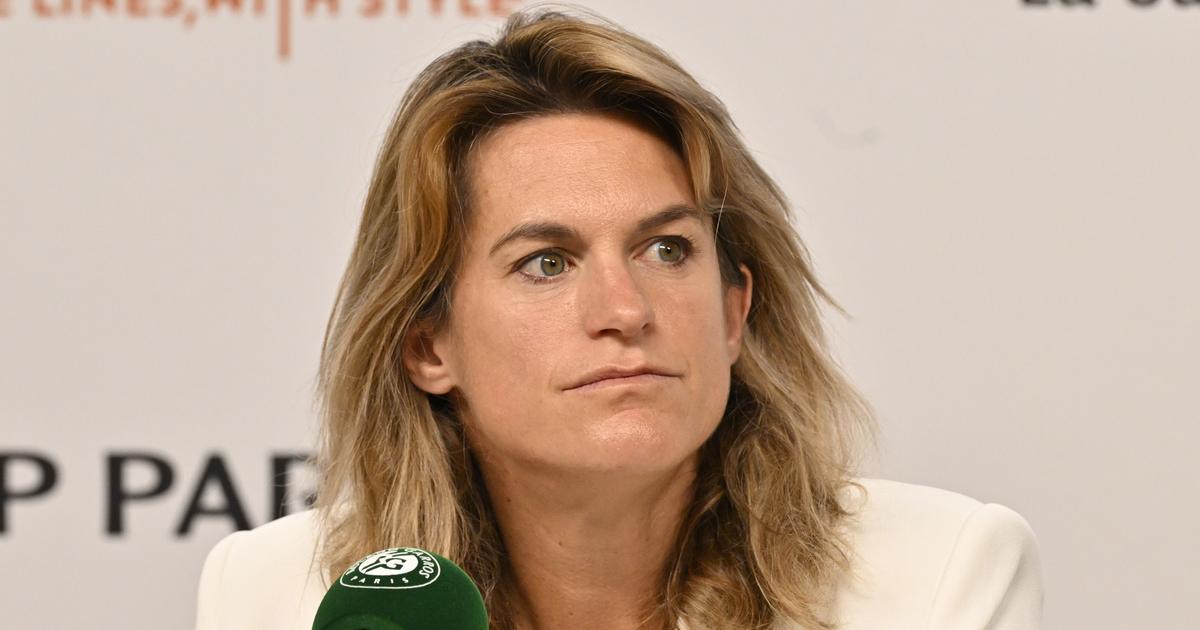As the anticipation builds for the men's final between Carlos Alcaraz and Alexander Zverev, tournament director Amélie Mauresmo and FFT President Gilles Moretton have provided a retrospective on the 2024 edition of the Parisian Grand Slam. The event attracted a substantial crowd, with 750,000 attendees during the qualifying week alone, and sold a remarkable 670,000 tickets for the event.
One key highlight of the tournament was the smooth conclusion of the first week, courtesy of the new roof on the Suzanne-Lenglen court, which marks the culmination of 14 years of modernization of the stadium. Despite severe weather conditions, the roof ensured uninterrupted play, bolstering the event’s reputation.
However, the event was not without its challenges. A recurring issue noted was the empty seats in Philippe-Chatrier despite all tickets being sold, notably evident during the second semi-final between Zverev and Ruud. Both Mauresmo and Moretton acknowledged the problem and vowed to address it during an organizational debrief in two weeks. While they lamented the sight of vacant stands, they conceded the difficulty in compelling fans to remain seated for extended durations.
Moreover, the complete absence of women's matches in night sessions sparked controversy. Mauresmo addressed this by explaining that the constraints of a single match format and the expectations for evening match durations played a role. Despite considering a shift to two evening matches, cultural preferences and operational limitations deterred this change. She emphasized that there was no pressure from broadcasters, such as Prime Video, to exclude women's matches from the night sessions.
- The modernization efforts, culminating with the Suzanne-Lenglen roof, signify a significant improvement in the infrastructure and resilience of the tournament. This is expected to enhance the experience for both players and spectators in future editions.
- Addressing the issue of empty seats is complex, given the modern spectator's tendency to explore various attractions within the Roland-Garros grounds rather than remaining stationary for long periods. Solutions to this issue will need to balance maintaining a filled stadium and providing a versatile, enjoyable experience for attendees.
- The tournament officials have emphasized their commitment to continuing to refine and improve the event. The planned debriefing sessions aim to develop more effective strategies for operational constraints and better accommodate the evolving expectations and habits of modern tennis fans.






